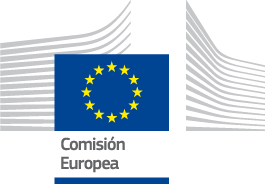

Good Practice Short Story

As a biotech service provider, our main challenge is to shift the mindset of end-users who have traditionally been reactive, rather than proactive, to outbreaks of microbiological contaminants.
In collaboration with shellfish farmers, the start-up biotech company, Microbia Environnement, based in the Mediterranean Pyrenees area of the South of France, set up a monitoring survey to sample and test water, using a simple-to-use biosensor it had developed that detects toxin-producing micro-algae in marine environments. The survey took place in the Leucate Lagoon twice a week in November and December 2016 and then in Thau in October-November 2017, with the shellfish farmers performing water sampling and filtration on site and the Microbia Environnement team organizing the transport and logistics, testing for toxic phytoplankton, and transmitting the results via sms.
Unlike traditional methods for detecting toxic algae which tend to deliver results more than several days later, this new system allows shellfish farmers to receive the results either the same day or the next day. This means farmers can detect growth activity of toxic phytoplankton in time to react. Indeed, they can then harvest early and store their production before placing it on the market, allowing them to avoid the economic losses that would otherwise result from the contamination.
The Mediterranean Pyrenees LEADER LAG and the FLAG supported the project towards market up-take with the LAG financing the commercial consultancy and prospection and the FLAG helping Microbia Environment network with other FLAGs in France and trial their early warning system in other areas (Aude and Arcachon). Thanks to this collaboration, Microbia Environnement will soon commercialise a fast, accurate and simple-to-use biosensor to detect toxin-producing micro-algae, enabling aquaculture producers and other end-users to anticipate potential contamination risks to their water supplies.
| Budget | €12 000 |
|---|---|
| EU contribution |
€8 000
|
| Other public contribution |
€2 000
|
| Private contribution | €2 000 |
| Timeframe of implementation | From Nov 2016 to Nov 2017 |
|---|---|
| Sea Basins |
|
| Type of area |
|
| Theme | |
| Website | http://www.microbiaenvironnement.com |





